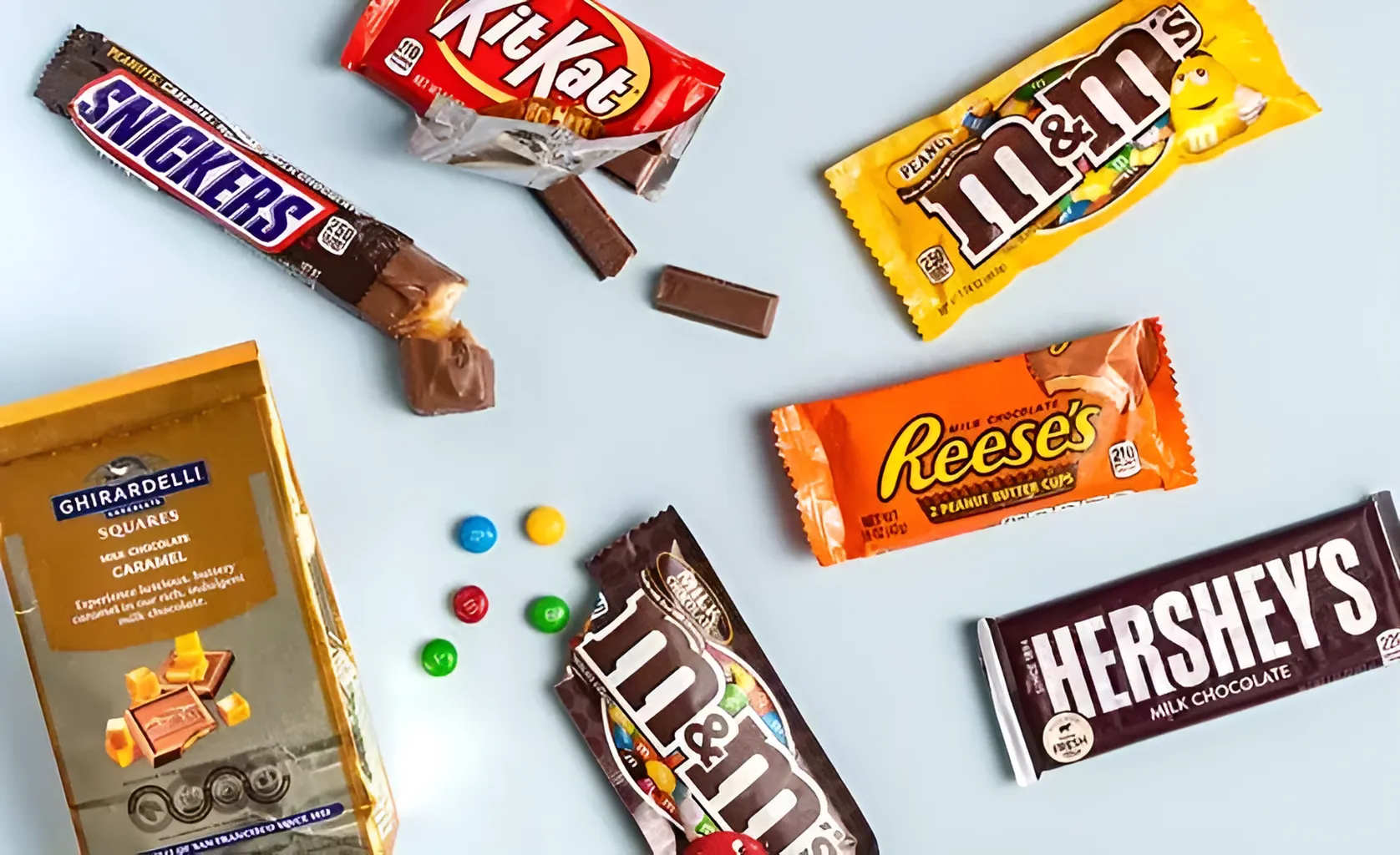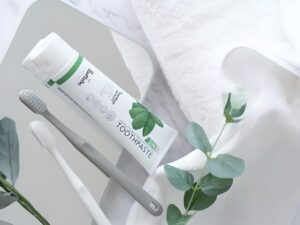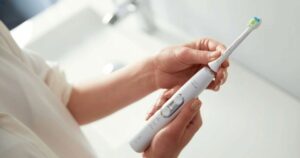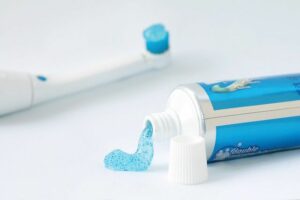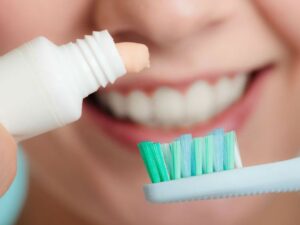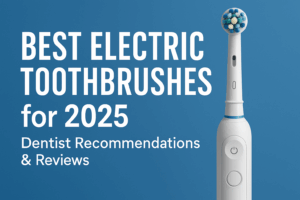Your teeth are constantly exposed to foods and habits that can either support or harm them. Knowing what to avoid is just as important as maintaining a good oral hygiene routine. Below, we’ll explore the common culprits that damage your teeth and provide actionable tips to protect your smile.

Sugary Snacks and Drinks
Sugar is one of the leading causes of tooth decay. When sugar interacts with bacteria in your mouth, it forms acids that erode tooth enamel, leading to cavities.
Common Examples:
- Candy, chocolate, and desserts.
- Sugary drinks like soda, energy drinks, and sweetened teas.
Why They’re Harmful:
- Sugars feed harmful bacteria, which produce acids that weaken enamel.
- Sticky candies cling to your teeth, prolonging exposure to sugar.
What You Can Do:
- Replace sugary drinks with water or unsweetened beverages.
- Opt for sugar-free candies or snacks with natural sweeteners like xylitol.
- Rinse your mouth with water after consuming sugary foods if brushing isn’t immediately possible.
Source: American Dental Association (ADA) – Sugary Foods and Drinks

Sticky and Starchy Foods
Foods that are sticky or high in starch can get trapped in the crevices of your teeth, making them difficult to clean off.
Common Examples:
- Dried fruits like raisins, apricots, and dates.
- Starchy snacks such as potato chips, bread, and crackers.
Why They’re Harmful:
- Sticky foods cling to teeth longer than other foods, increasing the risk of decay.
- Starches break down into sugars, feeding harmful bacteria.
What You Can Do:
- Choose fresh fruits over dried options.
- Brush and floss thoroughly after consuming starchy foods.
Source: Mayo Clinic – Caring for Your Teeth

Acidic Foods and Drinks
Acidic substances can erode tooth enamel, making your teeth more vulnerable to decay and sensitivity.
Common Examples:
- Citrus fruits like oranges, lemons, and grapefruits.
- Vinegar-based foods such as pickles and salad dressings.
- Beverages like coffee, tea, wine, and carbonated drinks.
Why They’re Harmful:
- Frequent exposure to acids wears down enamel over time.
- Acidic drinks can stain your teeth, especially dark-colored ones like coffee and red wine.
What You Can Do:
- Rinse your mouth with water after consuming acidic foods or drinks.
- Drink acidic beverages with a straw to minimize contact with your teeth.
- Wait at least 30 minutes before brushing after eating acidic foods to avoid enamel erosion.
Source: Harvard Health – Enamel Erosion and Acidic Foods
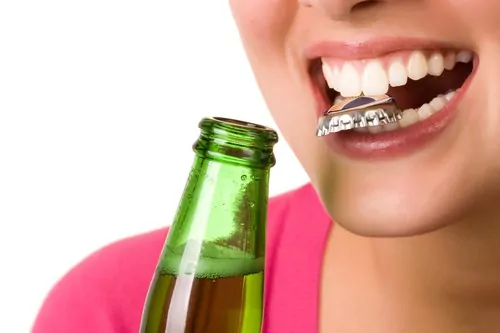
Hard Foods and Habits
Biting or chewing hard substances can cause cracks or chips in your teeth, leading to structural damage.
Common Examples:
- Chewing on ice cubes.
- Hard candies like lollipops or jawbreakers.
- Using teeth to open packages or bite non-food items.
Why They’re Harmful:
- Hard objects can weaken or fracture your teeth.
- Cracked teeth are more prone to decay and infection.
What You Can Do:
- Avoid chewing on ice or hard candies.
- Use tools, not your teeth, to open objects.
Source: Cleveland Clinic – Dental Habits That Harm Your Teeth

Tobacco Products
Smoking or chewing tobacco has significant negative effects on oral health, including an increased risk of gum disease, tooth loss, and oral cancer.
Common Examples:
- Cigarettes, cigars, and vaping products.
- Smokeless tobacco like chewing tobacco or snuff.
Why They’re Harmful:
- Tobacco reduces blood flow to the gums, slowing healing and increasing the risk of gum disease.
- It stains teeth and causes persistent bad breath.
- Smokeless tobacco contains sugar, which increases the risk of cavities.
What You Can Do:
- Seek support to quit tobacco use. Many resources are available, including counseling and cessation programs.
- Replace the habit with healthier alternatives like sugar-free gum.
Source: Centers for Disease Control and Prevention (CDC) – Tobacco and Oral Health

Excessive Alcohol Consumption
Alcohol, especially sugary cocktails, contributes to dry mouth and increases the risk of cavities and gum disease.
Why It’s Harmful:
- Alcohol dries out your mouth, reducing saliva production. Saliva is crucial for washing away bacteria and neutralizing acids.
- Sugary mixers like soda or juice amplify the harmful effects of alcohol.
What You Can Do:
- Limit alcohol intake and avoid sugary mixers.
- Drink water alongside alcohol to stay hydrated and maintain saliva flow.
Source: National Institutes of Health (NIH) – Alcohol and Oral Health
